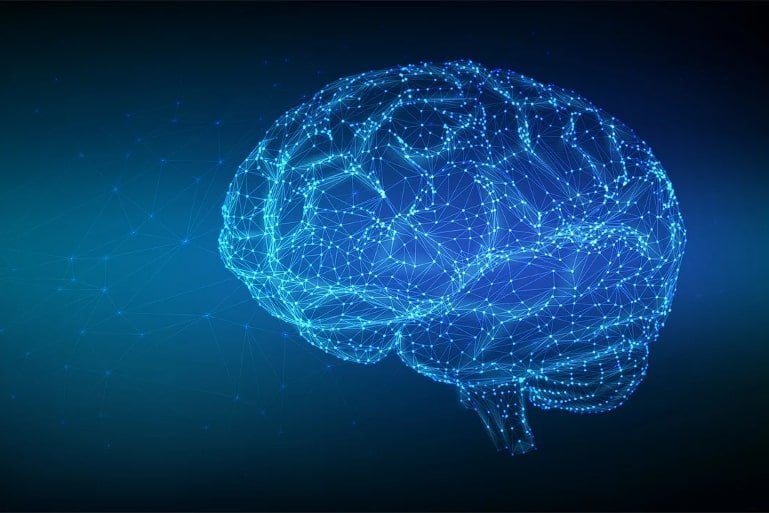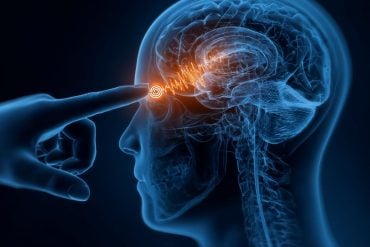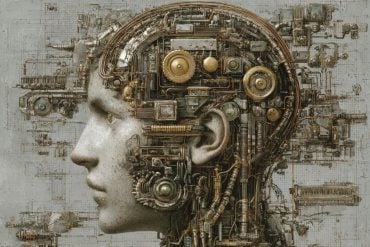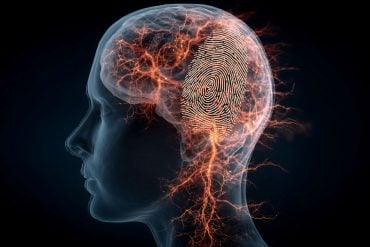Summary: Advanced brain aging may explain why, on average, people with schizophrenia have a significantly reduced life span.
Source: Cordis
People suffering from schizophrenia can expect to die 15 years sooner than they ordinarily would. A new study has now found that this could be partly caused by advanced brain aging.
The research findings were published in the journal Molecular Psychiatry.
Schizophrenia is associated with an increased risk of premature death, partially as a result of suicide or poor physical health. Studies to date have suggested that the high prevalence of disease, long-term cognitive decline and excess deaths in people with schizophrenia could in part be caused when their brain’s biological age overtakes the chronological age.
According to a few small-scale studies, this discrepancy called brain-predicted age difference (brain-PAD) has been found to be consistently higher in schizophrenic patients compared to healthy individuals. The studies have also shown that the gap between the two ages mainly widens during the first years after the onset of the illness.
On a larger scale
Recognizing the importance of examining whether these findings can be generalized through large-scale studies, the research team investigated brain age in more than 5,000 individuals from 26 international cohorts from the Enhancing NeuroImaging Genetics through Meta-Analysis [ENIGMA] Schizophrenia working group. The study included data from 2,803 schizophrenic patients and 2,598 healthy individuals aged 18 to 73 years.
“Brain-predicted age was individually estimated using a model trained on independent data based on 68 measures of cortical thickness and surface area, seven subcortical volumes, lateral ventricular volumes and total intracranial volume, all derived from T1-weighted brain magnetic resonance imaging (MRI) scans,” the study reports.

On average, people with schizophrenia were found to have a higher brain-PAD compared to healthy controls, with a discrepancy between their brain-predicted age and their chronological age being about 3.5 years larger.
The team also investigated whether a higher brain-PAD in schizophrenic patients was linked to specific clinical characteristics: the age of onset of the illness, how long the patient has had schizophrenia, the severity of the symptoms, and the use and dosage of antipsychotic drugs. They found no association between brain-PAD and these characteristics.
“This suggests that a greater brain-PAD in schizophrenia may not be primarily driven by disease progression or treatment-related effects on brain structure that have been reported elsewhere. This is in keeping with previous studies showing a greater brain-PAD already present in first-episode schizophrenia and first-episode psychosis patients,” the authors state.
The study concludes that longitudinal studies with more in-depth clinical characterization are needed to establish whether a brain-age predictor such as brain-PAD could be a useful tool in early prevention or intervention strategies for the disease.
About this schizophrenia research news
Author: Press Office
Source: Cordis
Contact: Press Office – Cordis
Image: The image is in the public domain
Original Research: Open access.
“Brain ageing in schizophrenia: evidence from 26 international cohorts via the ENIGMA Schizophrenia consortium” by Constantinos Constantinides et al. Molecular Psychiatry
Abstract
Brain ageing in schizophrenia: evidence from 26 international cohorts via the ENIGMA Schizophrenia consortium
Schizophrenia (SZ) is associated with an increased risk of life-long cognitive impairments, age-related chronic disease, and premature mortality.
We investigated evidence for advanced brain ageing in adult SZ patients, and whether this was associated with clinical characteristics in a prospective meta-analytic study conducted by the ENIGMA Schizophrenia Working Group.
The study included data from 26 cohorts worldwide, with a total of 2803 SZ patients (mean age 34.2 years; range 18–72 years; 67% male) and 2598 healthy controls (mean age 33.8 years, range 18–73 years, 55% male).
Brain-predicted age was individually estimated using a model trained on independent data based on 68 measures of cortical thickness and surface area, 7 subcortical volumes, lateral ventricular volumes and total intracranial volume, all derived from T1-weighted brain magnetic resonance imaging (MRI) scans.
Deviations from a healthy brain ageing trajectory were assessed by the difference between brain-predicted age and chronological age (brain-predicted age difference [brain-PAD]).
On average, SZ patients showed a higher brain-PAD of +3.55 years (95% CI: 2.91, 4.19; I2 = 57.53%) compared to controls, after adjusting for age, sex and site (Cohen’s d = 0.48). Among SZ patients, brain-PAD was not associated with specific clinical characteristics (age of onset, duration of illness, symptom severity, or antipsychotic use and dose). This large-scale collaborative study suggests advanced structural brain ageing in SZ.
Longitudinal studies of SZ and a range of mental and somatic health outcomes will help to further evaluate the clinical implications of increased brain-PAD and its ability to be influenced by interventions.






